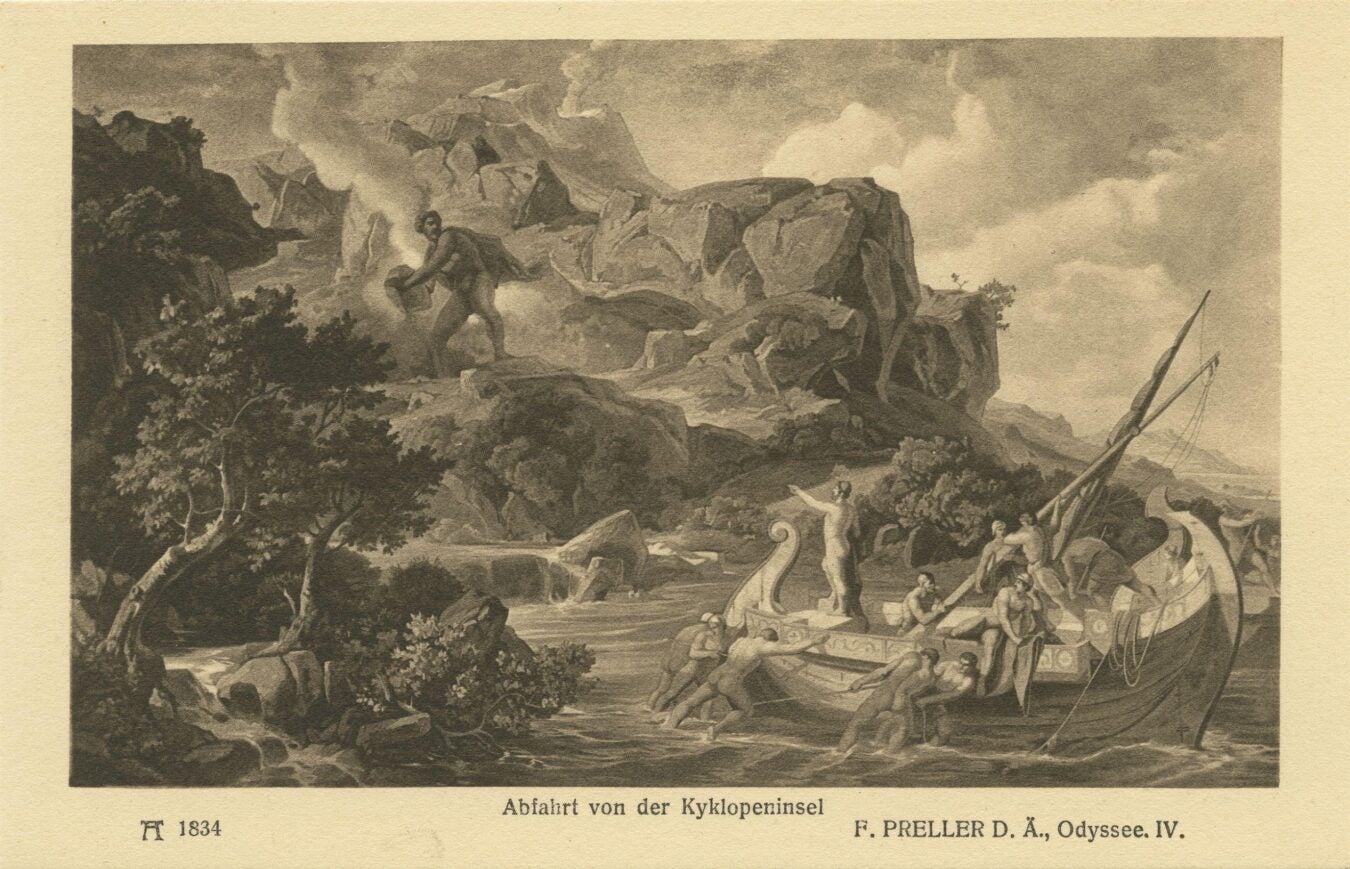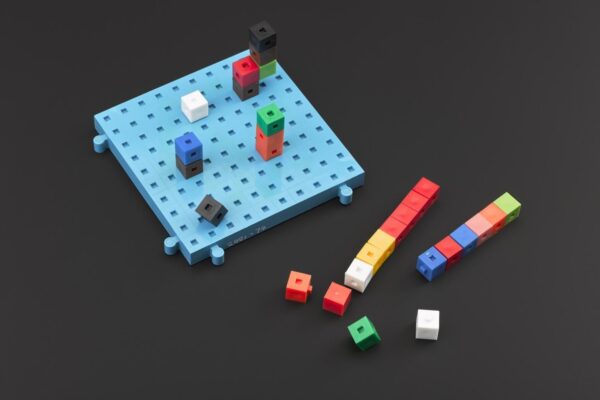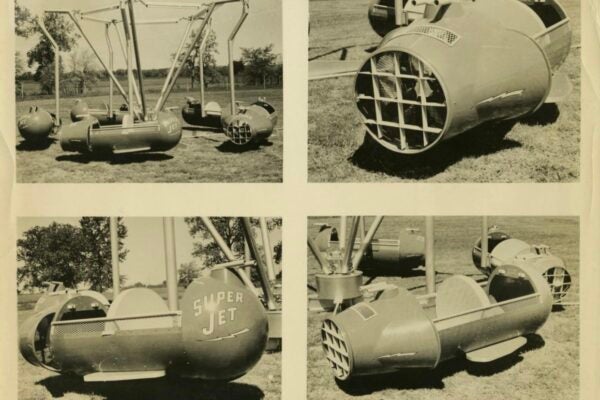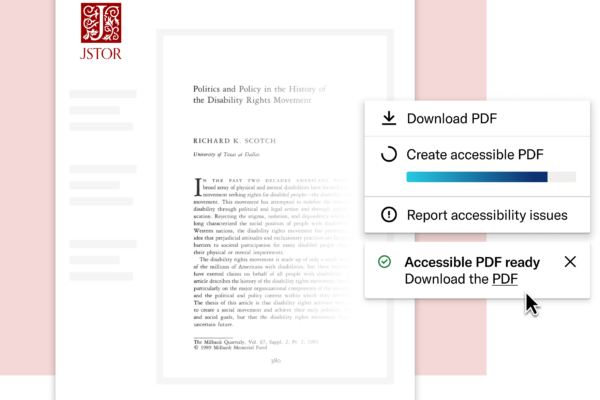
At ITHAKA, we’re continuously innovating to enhance digital collection stewardship, and our latest exploration, a six-month to yearlong effort called Project Odyssey in this early phase, is poised to make a transformative impact. This groundbreaking project leverages generative AI to assist libraries and archives in processing their digital collections. This includes how to address frequent bottlenecks in the creation of descriptive metadata—a vital component for preserving and making collections discoverable.
The need for innovation
Project Odyssey emerged from extensive research and in-depth interviews with over 60 library deans and directors worldwide. Two common challenges underscored by this discovery effort are how labor-intensive and time-consuming the process of creating descriptive metadata often is, and the significant backlog of unprocessed materials. Many library leaders estimate that less than five percent of their print archives and special collections have been digitized, leaving a vast amount of valuable scholarly material inaccessible.
As part of Project Odyssey, we seek to unlock this untapped potential by developing and testing a yet-to-be-named software to automate the initial stages of metadata generation. Our goal is to drastically reduce the time and resources required for librarians and archivists to process large collections. Early testing has shown that the tool we’ve developed can process documents in a fraction of the time it would take a human, potentially transforming the way digital collections are managed and accessed.
A glimpse into the future
At the 2024 ALA conference, Jason Przybylski showcased the capabilities of a proof of concept software developed as a part of Project Odyssey, revealing how it could process 1,500 documents in just under three hours—a task that would traditionally take around 250 hours of manual effort. This efficiency not only helps to tackle the growing backlog, but also allows librarians and archivists to focus on more advanced metadata creation and preservation tasks. We have created a solution that shifts effort from tedious manual processing to higher-order work to boost the preservation, discovery, and accessibility of digital collections.
Why “Project Odyssey”?
The name Project Odyssey encapsulates the essence of this initiative. Inspired by the epic journey of Odysseus and the reflective journey in C.P. Cavafy’s poem “Ithaka” (from which our organization takes its name), Project Odyssey symbolizes the trials, lessons, and triumphs inherent in the pursuit of a significant goal.
Just as Odysseus’s journey was filled with challenges and discoveries, so too is our exploration of generative AI and its applications within libraries. The name Project Odyssey reflects our commitment to navigating these challenges with perseverance and creativity, ensuring that we arrive at solutions that will have a lasting, positive impact on digital collection stewardship.
Looking ahead
Project Odyssey embodies the spirit of exploration and innovation that ITHAKA brings to our work and our community. We’re on an epic path—a journey that promises to revolutionize how libraries and archives manage and preserve their digital collections.
Stay tuned for more on this exploration, and learn about the resources already available to help libraries catalog, share, and preserve digital collections.



